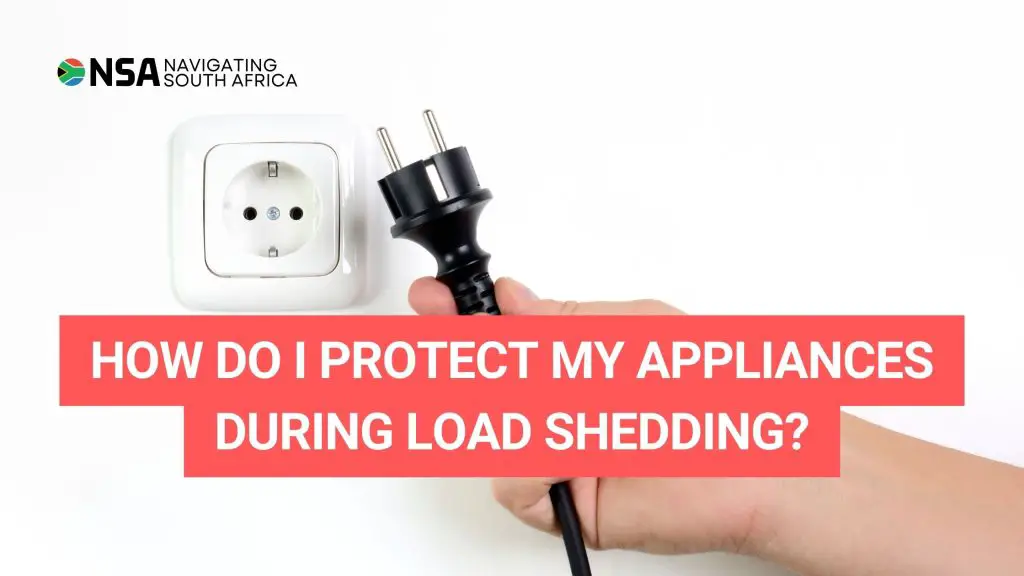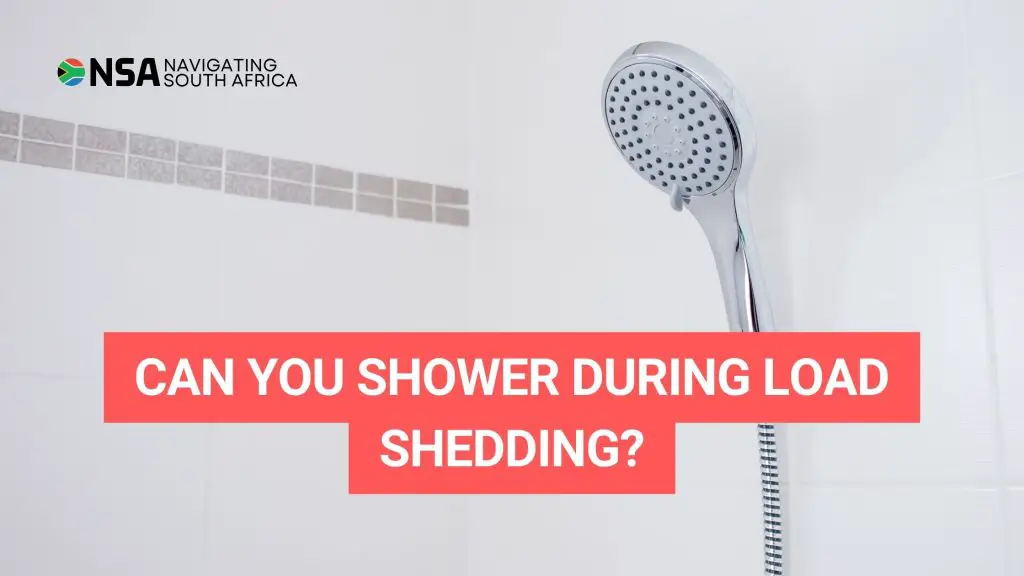Solar panels are made to function in a variety of weather conditions, including rain, and are therefore extremely durable. On cloudy, cooler days, many types of solar panels are able to convert the sun’s rays into electricity at a higher rate than they do on hot, clear days.
This is due to the fact that the panels are able to take in a greater quantity of the energy from the sun when the temperature is lower. However, it is essential to keep in mind that the amount of electricity generated by solar panels drops significantly when there is a lot of rain falling.
This is due to the fact that raindrops can prevent some of the sun’s rays from reaching the solar panels, thereby reducing the amount of power that can be generated by those panels. In addition, persistent rainfall has the potential to wash away some of the dust and dirt that has accumulated on the panels, which can further reduce the efficiency of the panels. In general, solar panels can continue to produce electricity even when there is light rain falling, but the amount of electricity they produce may be reduced when there is heavy rainfall.
When calculating the size of your solar energy system, it is essential to take into account the amount of precipitation that occurs where you live. For example, if you live in an area that receives a lot of rain. Even on days when it is cloudy or rainy, your house can continue to receive a steady supply of electricity if you have a system that is adequately sized.


